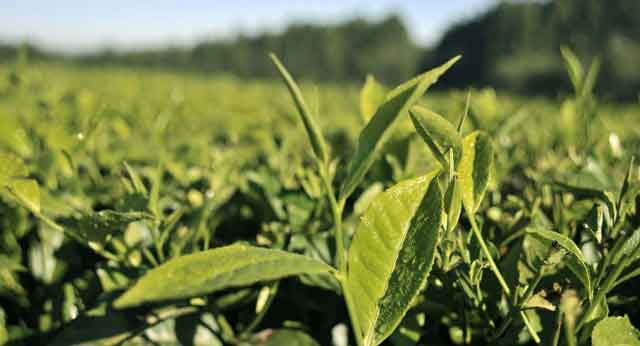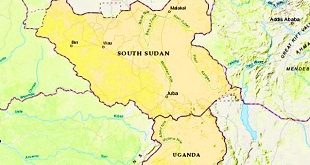
Kampala, Uganda | THE INDEPENDENT | Uganda’s tea earnings have rebounded from a slight slump in March which was occasioned by the coronavirus pandemic lockdown that saw the Mombasa tea auction house temporarily shut.
According to official government figures, tea sellers earned more money in April, May, and June 2020, an indicator that the sector has put the COVID-19 slump behind. This is even though in April and May 2020, Uganda was under total lockdown.
For instance, in March, earnings were USD 5.15 million (18.9 billion Shillings), climbing to USD 6.14 million (22.5 billion Shillings) in April, and USD 6.49 million (23.8 billion Shillings) in May, reaching the highest monthly level in June at USD 7.02 million (25.7 billion Shillings). Between December and February 2020, earnings averaged USD 6 million (22 billion Shillings) per month.
George William Ssekitoleko, the chairman of Uganda Tea Association (UTA), said this was the picture in the sector at the moment. He added, however, the increased earnings are not due to better prices but due to increased production of the crop. Ssekitoleko said more production has pushed up by the good weather and more planting.
Indeed, the volume figures show that Uganda tea shipments have gone up in the last months. In April, Uganda shipped 5,937 metric tons. By June, the figure had jumped to 6,541 metric tons of tea sold outside.
Even with more volumes being sold, Uganda’s tea continues to attract low prices compared to Rwanda, Kenya, and Burundi at the Mombasa auction house. For instance, in June, Rwanda’s tea sold its tea at 9,000 Shillings per kilogram, Burundi 7,000 Shillings per kilogram while Kenya at slightly above 6,000 Shillings per kilogram.
Uganda came distant fourth with its tea selling at slightly above 4,000 Shillings per kilogram, according to the East African Coffee auction report. Ssekitoleko said that Uganda’s tea was priced low partly because it is from a low altitude. Kenya, Rwanda, and Burundi tea is associated with high altitude and therefore liked by the dealers.
Dr Ezra Munyambonera, a senior research fellow at the Economic Policy Research Centre (EPRC), a think tank, blames the low prices on the poor quality as a result of poor plucking methods and the transportation of the green leaves. Munyambonera said farmers were plucking more leaves than they were supposed to, undermining the quality of the tea they sell.
Uganda’s annual exports of tea average 65,000 metric tons annually and experts think this figure can be improved with better agronomical practices.
********
URN
 The Independent Uganda: You get the Truth we Pay the Price
The Independent Uganda: You get the Truth we Pay the Price



